Hind bint Umayya asked questions that God responded to by way of revelation. She once asked the prophet why men were always mentioned in the Quran and not women, and God answered her question by revealing the famous ayah 35 of surah Ahzab.


Hind bint Umayya asked questions that God responded to by way of revelation. She once asked the prophet why men were always mentioned in the Quran and not women, and God answered her question by revealing the famous ayah 35 of surah Ahzab.

It seems that Zainab’s relationship with, and conversion to, Islam had an effect on the relationship with her family and more specifically, her marriage. She and her husband separated in 1922. Following his death in 1929; she began seriously pursuing the prospect of being able to perform Hajj. Zainab became the first Muslim woman born in Britain to perform Hajj; not only this but she also wrote a book of her accounts and this was published — Pilgrimage to Mecca. Zainab was aged 65 when she performed Hajj in 1933.

Art enables me to express my creativity and add beauty to the world through beautiful designs, and every time I look at my art, I reconnect with it in a beautiful way. My art is what it is at that moment and what it will be thereafter. There are challenges, and there will always be, especially if you are trying to monetize your work and trying to get yourself out there as an artist. But don’t get deterred by these challenges.
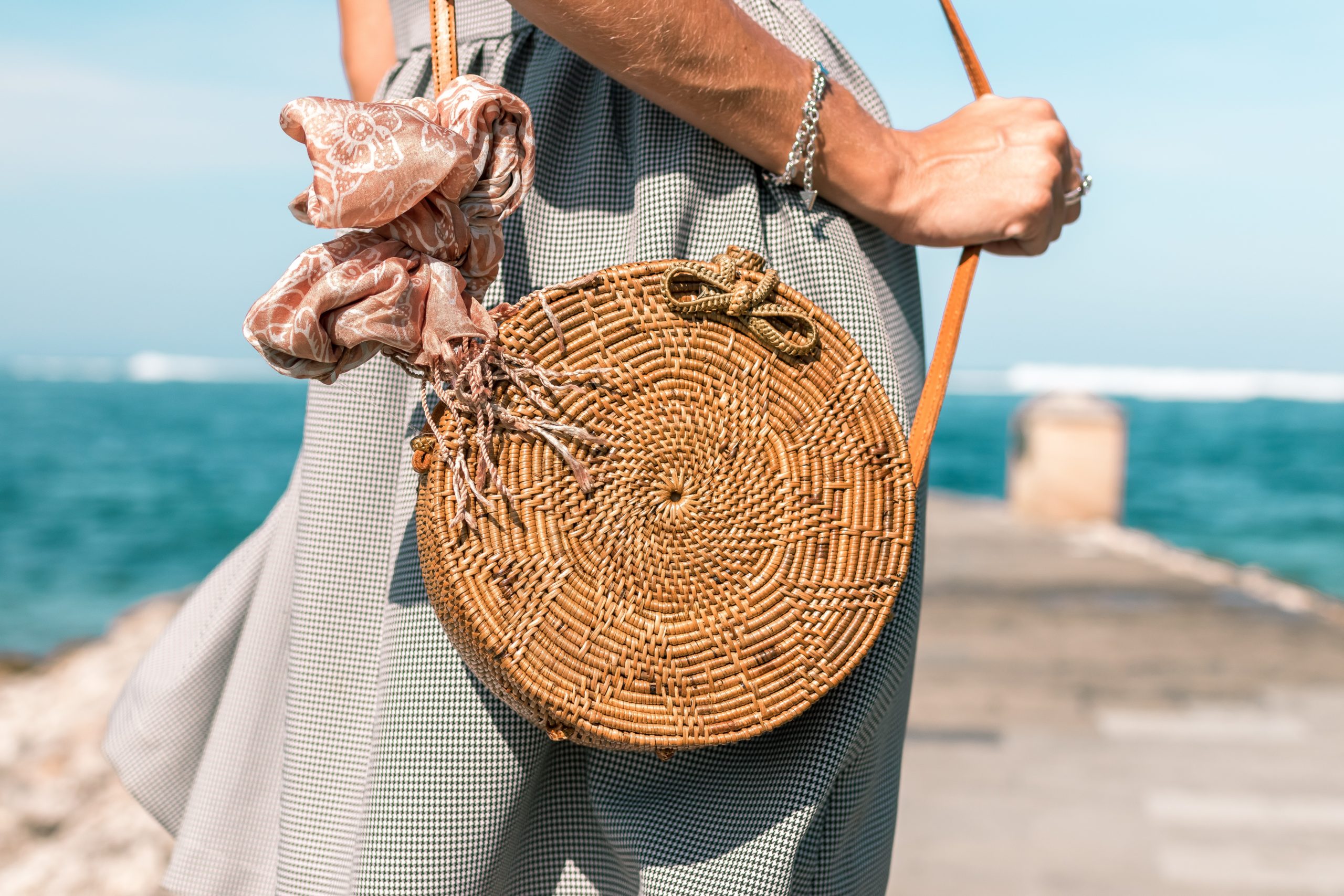
I knew that people would look at me and think that I was liberated. I didn’t want to explain myself anymore, because that was all I ever did as a hijabi, and I wanted to escape the cycle where my body as a Muslim woman was perpetually a public affair. I was so tired of defending myself at the cost of myself, and it struck me as terribly cruel that the hijab would continue to define me by nature of its absence after I took it off.
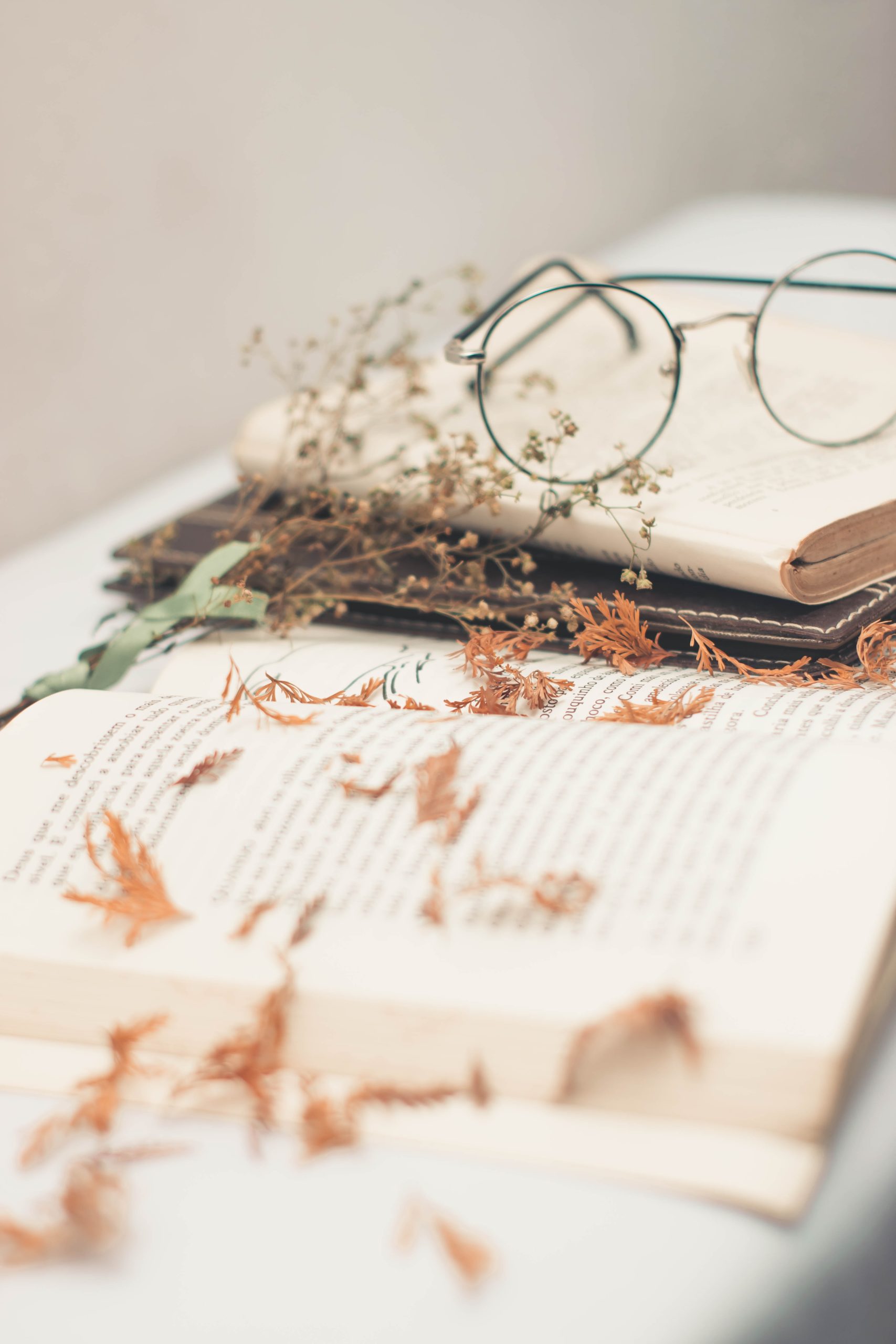
My rap ‘Accept Me Please’ holds the most sentimental value to me because this was the first rap that I wrote. When I wrote this, I knew that I wanted to perform it – that’s when I knew that I wanted to be on stage and transform my written poetry into spoken word.

Women within the system of patriarchy have internalized the trauma of sexism, and have generations after generations, had to adhere closely for their own limited participation, approval, survival, and recently a point of anti-Western cultural rhetoric, to the extent that they then become fierce gatekeepers of what has become facts of life.
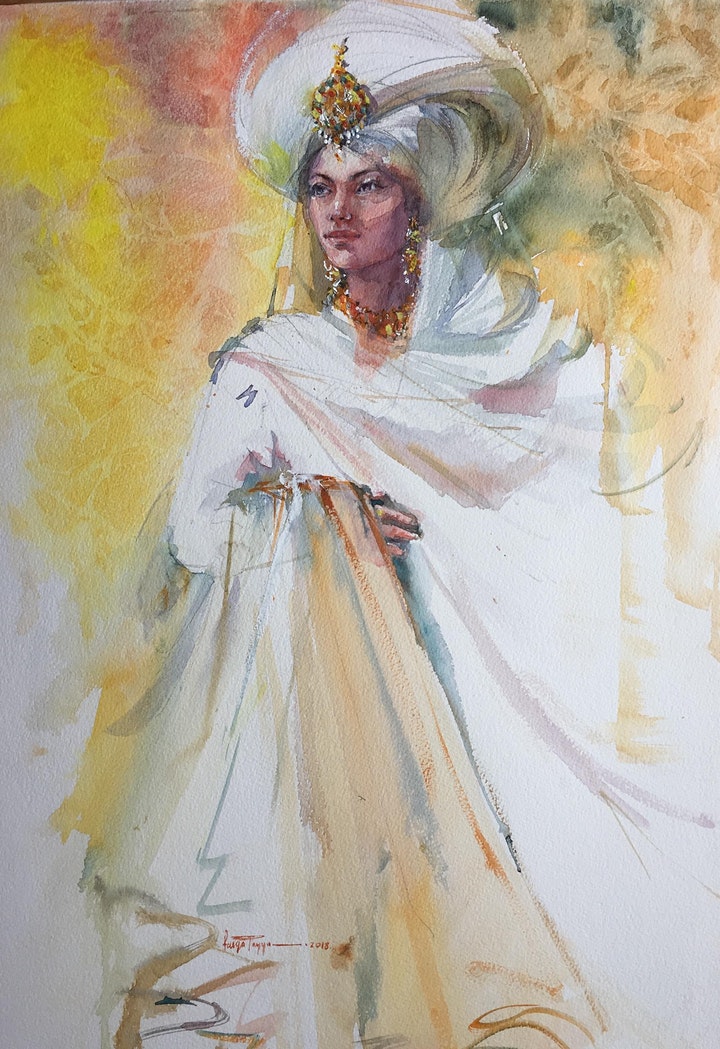
This event celebrates Black (African & Afro-Caribbean) Muslim women who were trailblazer scholars, academics, activists, artists, entrepreneurs, warriors and artists. Through his talk, Ismael challenges the ignorance, misconceptions and negative perceptions in society.
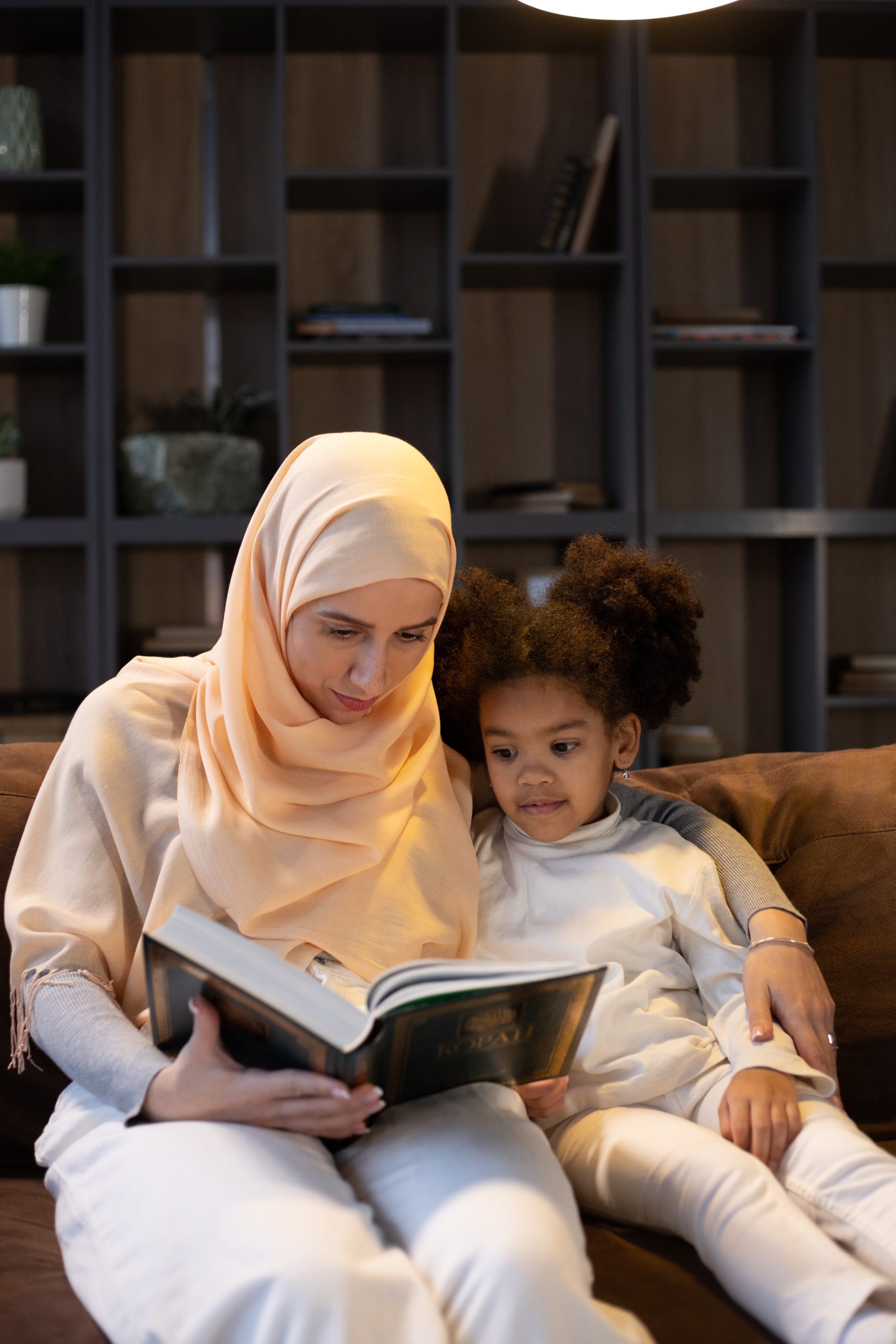
What a way to
Drown out the her-stories of History.
How they
Deemed her legacies unworthy,
Then they
Severed the lineages of our identity.
And they
Removed our communities agency.
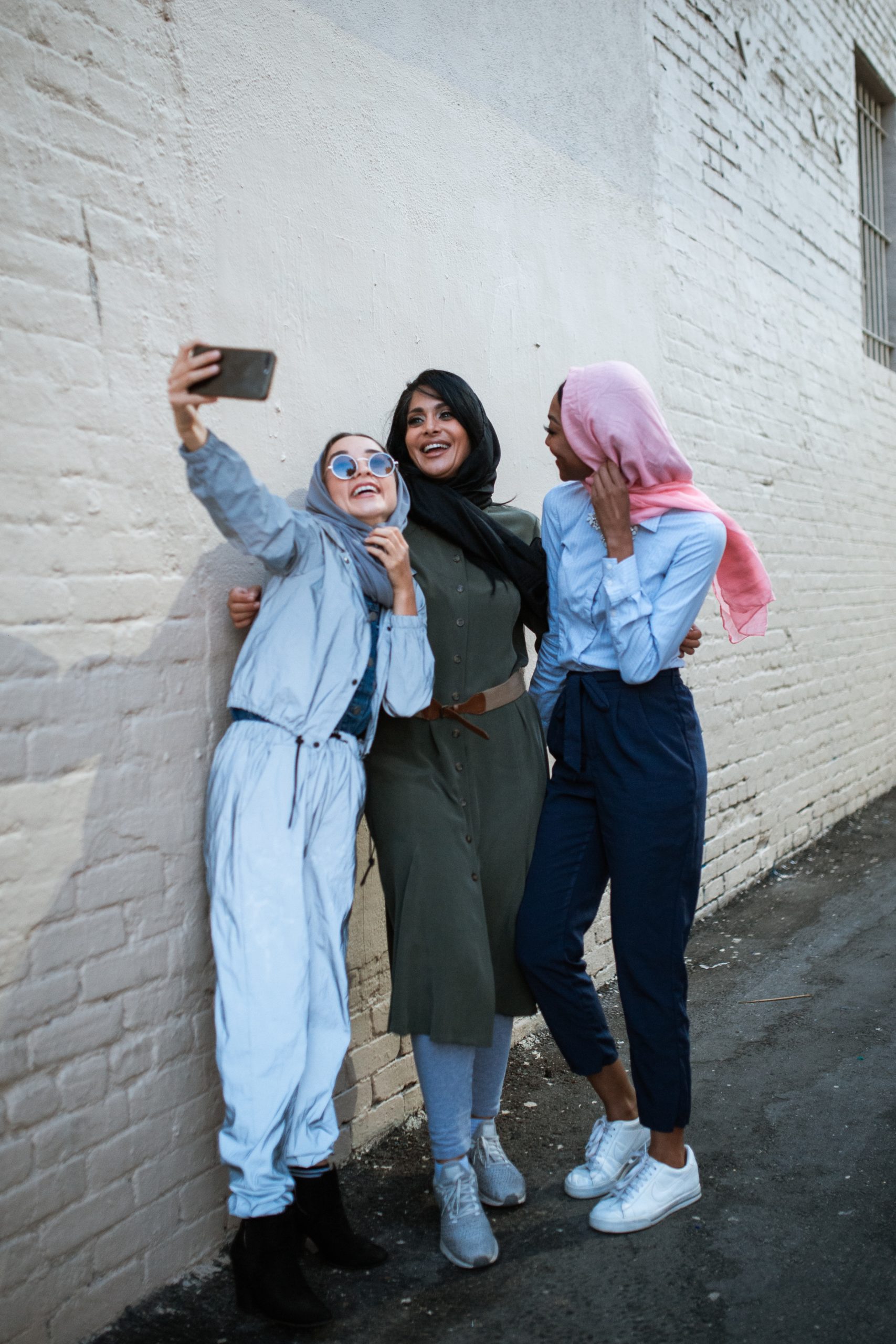
As I got more and more responses that detailed joy in ibadah, in our hijab, in serving our family and friends, in helping, in giving back; and very few responses about joy for the sake of it or finding the same emotions in things that revolved about us, were about us; I do wonder. Are we truly this altruistic and giving, or have we been taught that our worth was in the value we bring, so much so that we can barely find joy in ourselves, for ourselves, and just because? Do we really not feel joy outside of these roles or are we just scared of owning that, possibly of being judged as not Muslim enough?
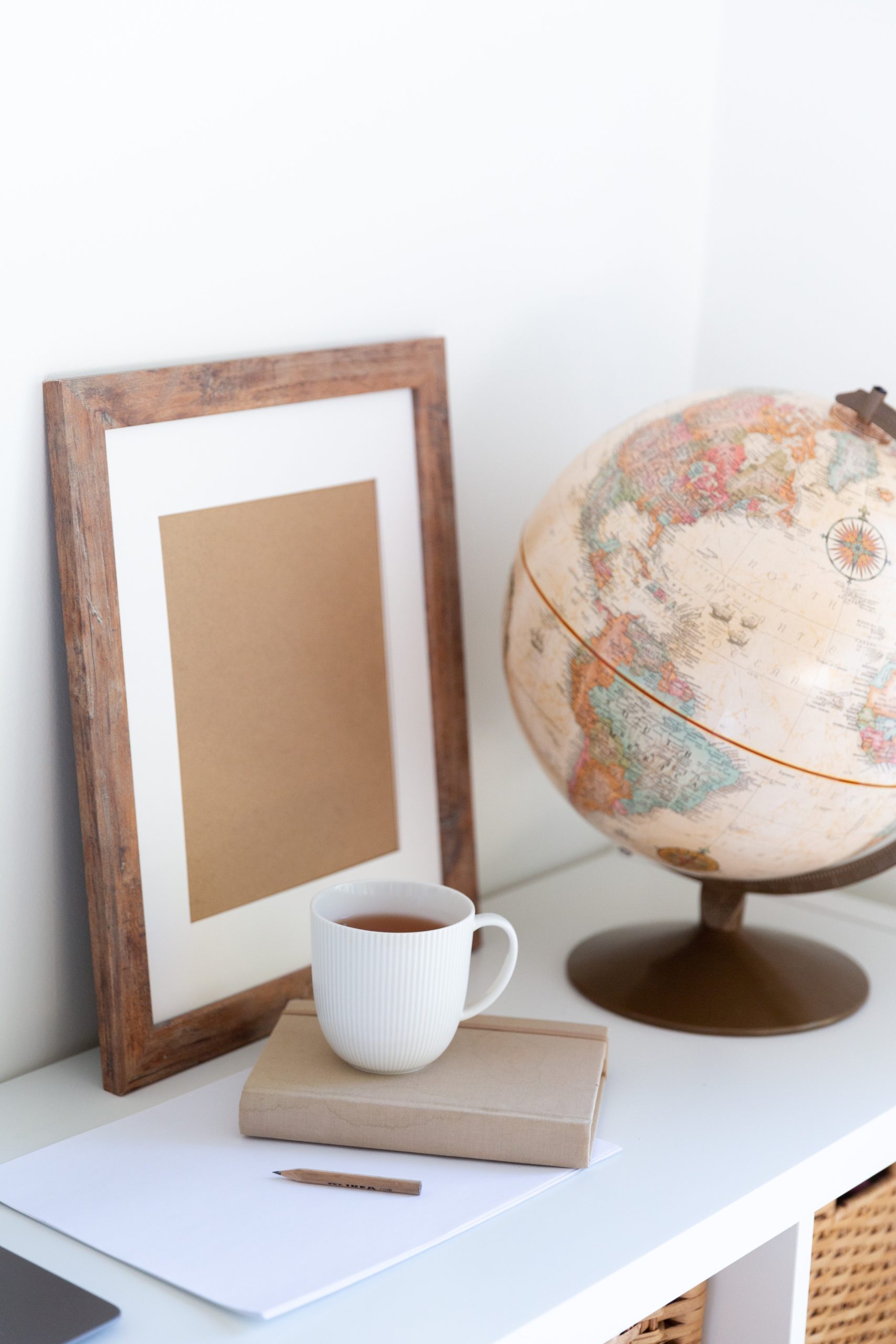
The struggles of Muslim women across the globe cannot be exhausted. What makes the load lighter to carry is community and reassurance that she’s not alone. It doesn’t end there, the wins of Muslim women seem to be magnified when shared with a community. It’s always beautiful and gratifying to sit in the audience and watch the Community bond and connect and let themselves be vulnerable and pick their sisters up — Alhamdulillah.